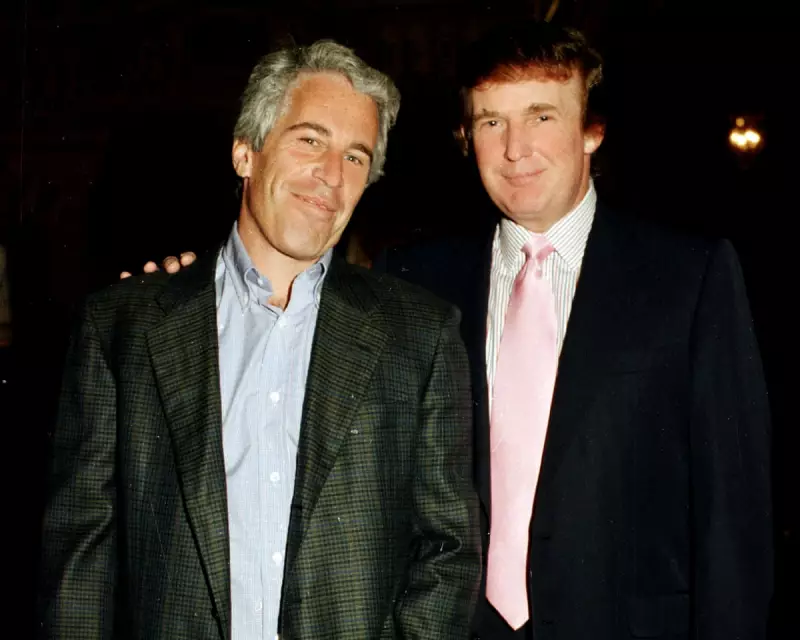
In a characteristically fiery and wide-ranging statement, former President Donald Trump has broken his prolonged silence on the explosive Jeffrey Epstein-related court documents unsealed earlier this month. His response, a blend of vehement denial and political counter-attack, has thrown him back into the centre of a scandal he has long sought to distance himself from.
A Tirade of Denial and Deflection
Rather than addressing specific allegations or names mentioned in the files, Trump launched a broadside against the media and political opponents he claims are orchestrating a "witch hunt" designed to derail his 2024 presidential campaign. He reiterated his well-worn claim of being a "firm disciplinarian" when it came to Epstein, stating he had banned the financier from his Mar-a-Lago club "because he was a bad guy".
This assertion of a decisive fall-out stands in stark contrast to the social and photographic evidence that placed the two men in the same orbit for years during Epstein's time in New York and Florida.
The Ghost of a Friendship
The unsealed documents have re-surfaced awkward details of their former association, recalling an era when Trump publicly praised Epstein's infamous lifestyle. A previously quoted 2002 interview with New York Magazine, where Trump said "I've known Jeff for fifteen years. Terrific guy... It is even said that he likes beautiful women as much as I do, and many of them are on the younger side", continues to haunt his attempts at revisionist history.
While the latest document dump does not contain new, direct allegations against Trump himself, it paints a more detailed picture of Epstein's network and the environment that enabled his abuse, making the former president's past fraternisation a subject of intense scrutiny.
A Political Storm in an Election Year
Analysts suggest Trump's aggressive response is a pre-emptive strategy to control the narrative. By framing the release of the documents as a politically motivated attack, he aims to galvanise his base and deflect attention from uncomfortable questions. The timing, deep into the 2024 election cycle, ensures the episode will receive maximum media coverage and likely become a key attack line for his opponents.
The statement does little to address the continued public interest in the case or the quest for accountability for Epstein's victims. Instead, it ensures that the shadow of Jeffrey Epstein will continue to loom over the upcoming election, a ghost from the past that neither party can truly escape.






